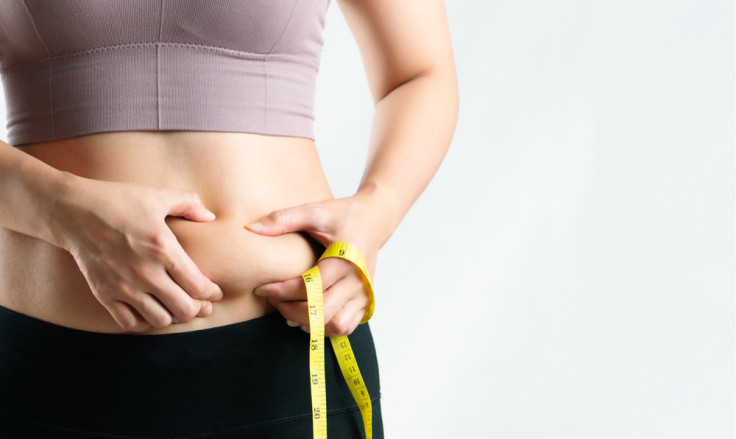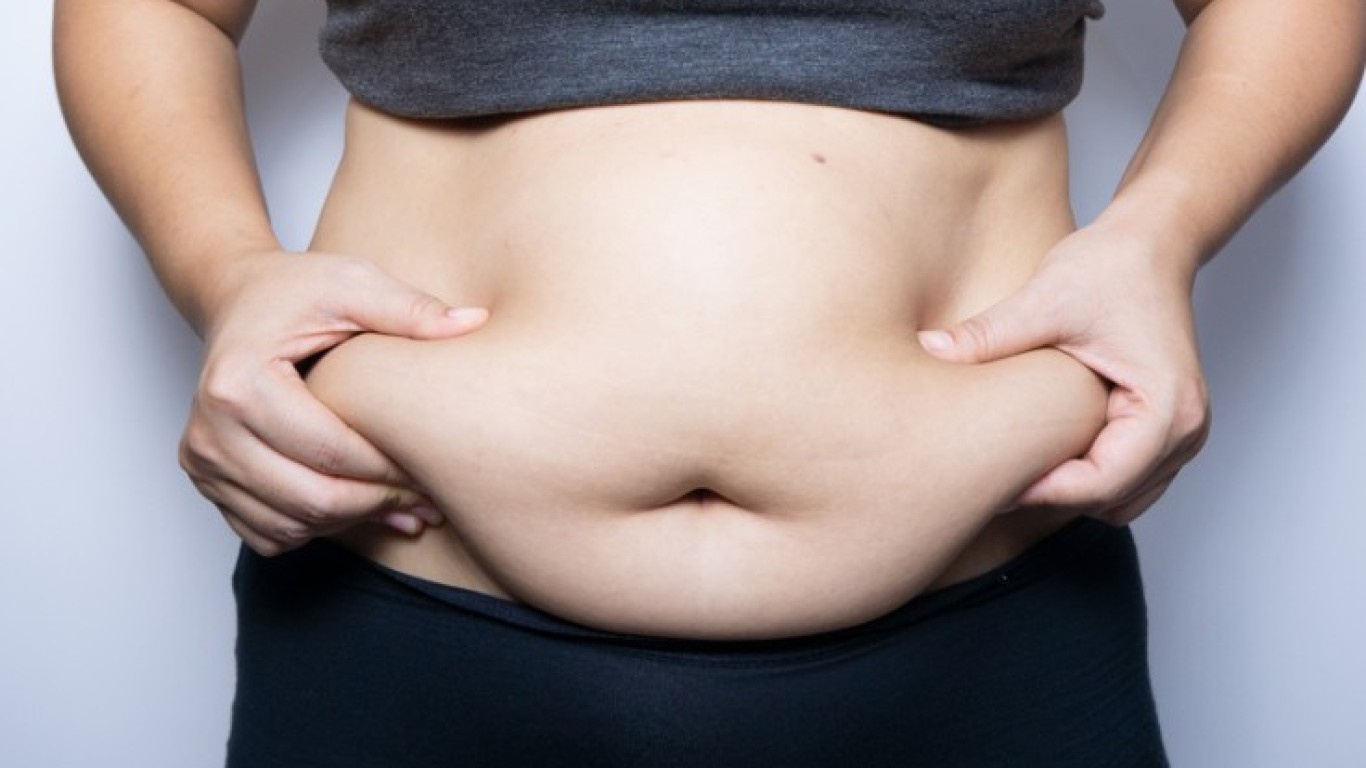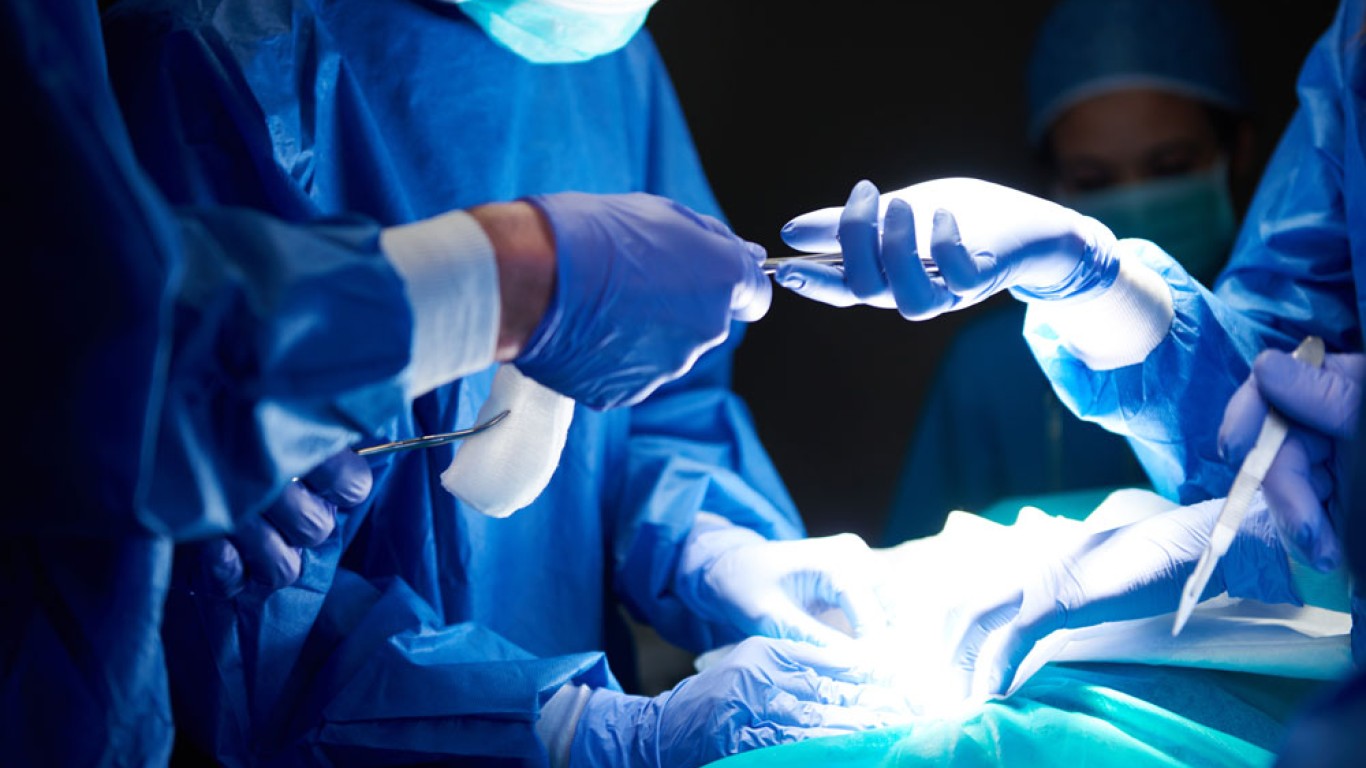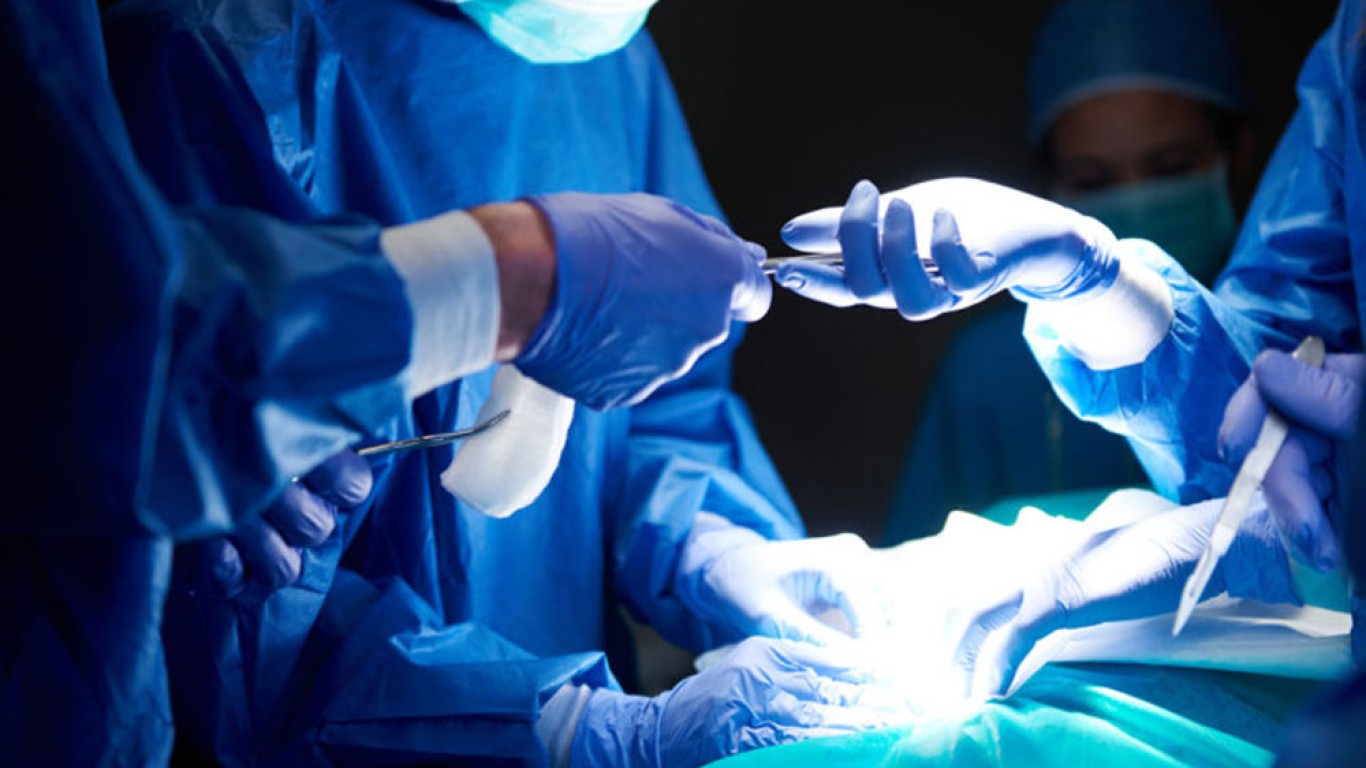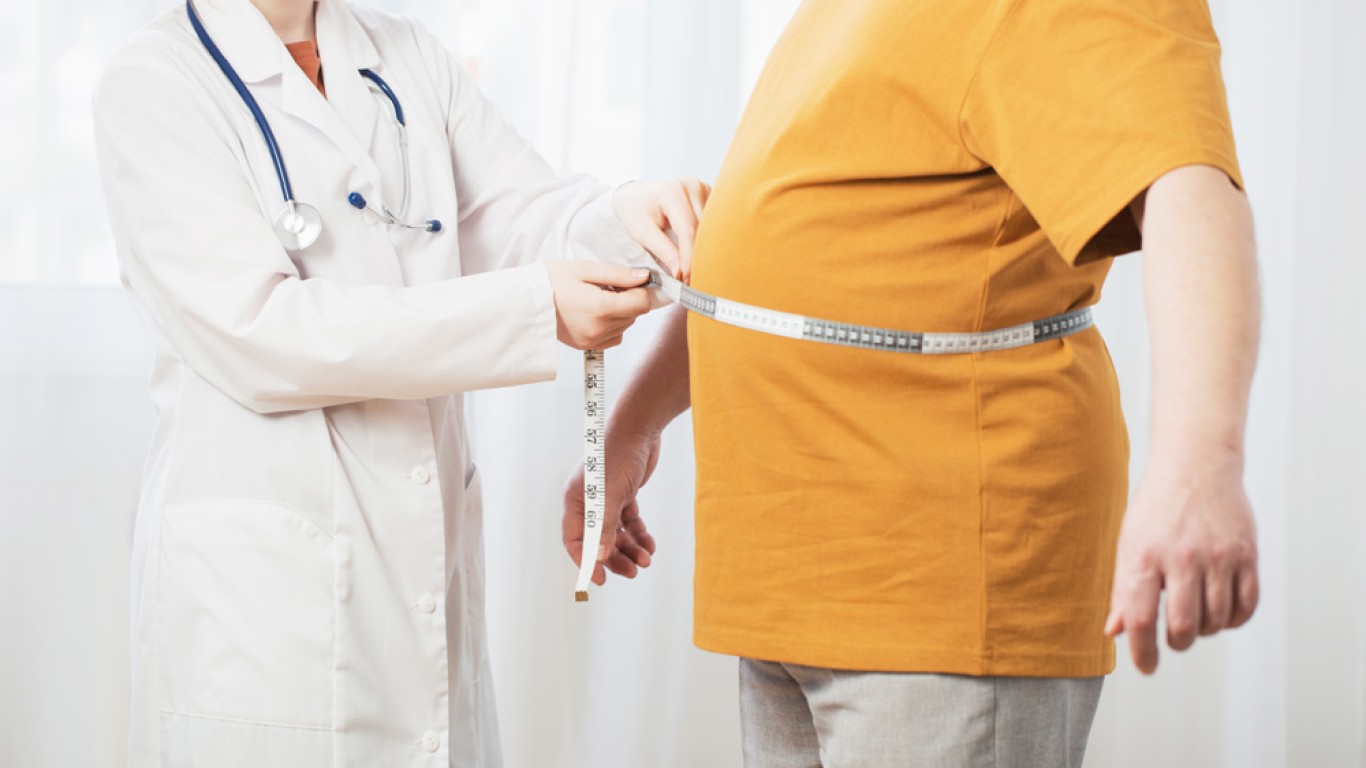Introduction
After undergoing weight loss surgery, nutrition becomes a crucial part of recovery and long-term success. Weight loss surgeries include procedures such as gastric bypass, sleeve gastrectomy and gastric banding. These can significantly alter your digestive system, meaning your dietary habits must adjust accordingly. Proper nutrition is key to achieving sustainable weight loss and maintaining a healthy lifestyle post-surgery. In this article, we’ll explore important nutritional recommendations following weight loss surgery.
Focus on Protein Intake
A crucially important dietary change following weight loss surgery is ensuring adequate protein intake. Protein helps your body heal after surgery, supports muscle maintenance, and helps you feel full longer. These are all essential components of weight management.
- Daily Protein Goals: Aim for 60-80 grams of protein per day, depending on your surgeon’s specific recommendations. This amount may vary based on your surgery type and individual needs.
- Protein-Rich Foods: Include lean sources of protein in your diet. These include chicken, turkey, fish, eggs, tofu, and low-fat dairy products. Protein shakes and supplements may also be recommended, especially in the early stages of recovery.
- Why Protein Matters: Protein helps prevent muscle loss during weight loss. It also supports tissue healing and keeps you feeling satisfied after meals. This helps reduce the risk of overeating.
Stay Hydrated
Staying hydrated is critical after weight loss surgery. Dehydration is a common issue for post-surgery patients. However, you’ll need to adjust how you drink fluids to avoid complications.
- Drink Water Slowly: Sip water slowly throughout the day. Avoid large gulps, which can cause discomfort or stretching of your newly altered stomach.
- Daily Water Intake: Aim to drink at least 2 litres of water per day to stay properly hydrated.
- Avoid Drinking During Meals: Refrain from drinking fluids during meals. This can fill your stomach too quickly and interfere with proper digestion. Wait at least 30 minutes after eating to drink liquids.
Eat Small, Frequent Meals
After weight loss surgery, your stomach’s capacity is greatly reduced. Focusing on eating smaller, more frequent meals will provide your body with the nutrients. It will also help you avoid overeating.
- Meal Frequency: Eat 5-6 small meals throughout the day. Each meal should be nutrient-dense and portion-controlled.
- Portion Control: Start with very small portions—about 1/4 to 1/2 cup per meal—and gradually increase as your surgeon advises.
- Mindful Eating: Chew food slowly and thoroughly to aid digestion. Rushing through meals or eating large portions can cause discomfort and complications.
Prioritise Nutrient-Dense Foods
Your new stomach size will limit how much you can eat. As such, it’s essential to make every bite count. Nutrient-dense foods will help provide the vitamins and minerals your body needs.
- Whole Foods: Focus on whole foods, including fruits, vegetables, whole grains, and lean proteins. These foods provide essential nutrients like fibre, vitamins, and minerals while keeping you full longer.
- Avoid Empty Calories: Steer clear of foods and drinks that offer little nutritional value. These include sugary snacks, processed foods, and sugary beverages. These can contribute to weight regain and nutrient deficiencies.
- High-Fibre Foods: Include fibre-rich foods like vegetables, beans, and whole grains. These promote digestion and help prevent constipation, which can be common after surgery.
Take Recommended Supplements
After weight loss surgery, it’s common to experience nutrient deficiencies. This will be the result of reduced food intake and altered digestion. To prevent deficiencies, your surgeon will likely recommend a daily regimen of vitamins and minerals.
- Multivitamins: Take a daily multivitamin that includes key nutrients such as iron, vitamin D, and B vitamins. Bariatric-specific multivitamins are designed to meet the unique needs of post-surgery patients.
- Calcium and Vitamin D: These supplements are often necessary to support bone health, especially since calcium absorption can be reduced after weight loss surgery.
- Vitamin B12: Some types of weight loss surgery, like gastric bypass, can affect your ability to absorb vitamin B12. A B12 supplement may be recommended to prevent deficiencies.
- Iron: Iron deficiency is common after surgery, particularly for women. Your surgeon may recommend an iron supplement to prevent anaemia.
Avoid High-Fat and Sugary Foods
After weight loss surgery, it’s important to avoid high-fat and sugary foods. These can lead to complications, such as dumping syndrome, and hinder your weight loss progress.
- Dumping Syndrome: This occurs when sugary or high-fat foods move too quickly through your digestive system. This can cause nausea, dizziness, and diarrhoea. To avoid it, limit foods like sweets, fried foods and high-fat dairy products.
- Healthy Fats: Opt for healthy fats in moderation - avocados, nuts, seeds, and olive oil. These will provide essential nutrients without overwhelming your digestive system.
Avoid Carbonated Beverages
Carbonated beverages, including soda and sparkling water, should be avoided after weight loss surgery. The carbonation can cause discomfort, gas, and bloating due to the reduced size of your stomach.
- Why Avoid Carbonation: The bubbles from carbonation expand in your stomach, leading to increased pressure and discomfort. Additionally, many carbonated beverages contain added sugars, which can negatively impact your weight loss goals.
- Healthy Drink Alternatives: Stick to water, herbal teas or non-carbonated beverages that are low in sugar and calories.
Monitor Your Progress with a Dietitian
Following weight loss surgery, consider working with a registered dietitian. This can help you stay on track with your nutritional goals. A dietitian can provide personalised recommendations based on your surgery type and individual needs.
- Ongoing Support: Regular check-ins with a dietitian can help ensure you’re meeting your nutritional needs. They’ll also help you adjust your diet as necessary throughout your weight loss journey.
- Meal Planning: A dietitian can help you develop a meal plan that aligns with your nutritional goals. They’ll also ensure you get enough protein, vitamins, and minerals.
Conclusion
Proper nutrition is essential to achieving long-term success after weight loss surgery. Focus on a protein-rich diet, stay hydrated, eat small and frequent meals. In addition, take recommended supplements to ensure your body gets the nutrients it needs. Avoid high-fat, sugary, and carbonated foods that can cause complications and hinder your progress. Work closely with your surgeon and consider seeking additional help from a dietician. This will help you maintain your weight loss goals for years to come.
For more information on weight loss surgery, please visit the ACIBADEM Beauty Centre webpage.
Frequently Asked Questions
Patients should aim for 60-80 grams of protein per day, depending on their surgeon's recommendations.
Your surgeon will guide you through dietary stages. Solid foods are usually introduced around 4-6 weeks post-surgery.
Sugary foods can cause dumping syndrome. This can lead to nausea, diarrhoea and discomfort after surgery.
It’s recommended to avoid alcohol, especially in the early stages of recovery. Alcohol can irritate your stomach and interfere with weight loss.
Yes, weight loss surgery patients often need to take lifelong vitamin and mineral supplements. This helps prevent deficiencies.
